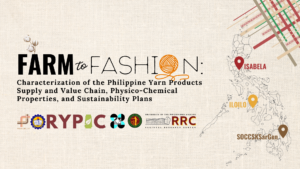

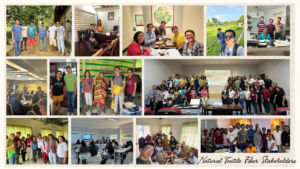
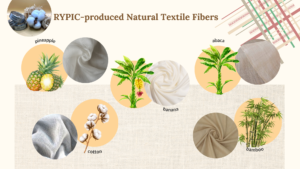
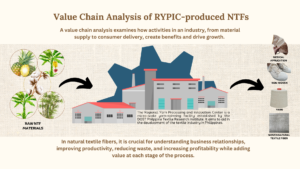
PHILIPPINE TROPICAL FABRICS LAW (RA 9242)
PTRI FABCRICATES RYPIC
Value Chain Key Players of RYPIC-produced Natural Textile Fiber (NTF) Yarns in the Philippines


Project Team

Jose Marie A. Eslopor
Project LeaderMr. Eslopor is University Extension Specialist focusing on science communication, and research-based extension initiatives. He is a graduate of Master of Marine Affairs and Bachelor of Arts (Community Development-Psychology), and focuses on qualitative marine social science research and public service initiatives.
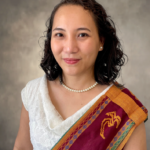
Jade G. Pahila, PhD
Project MemberDr. Pahila is a University Researcher specializing in food/fisheries post-harvest processing and evaluation. As part of her current designation, she implements research activities on food and feed development and characterization, and co-implements a study on value chain analysis. She also regularly conducts training and extension activities on laboratory instrumentation, product evaluation and characterization, and food safety.
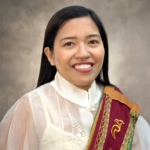
Claire Samantha T. Juanico
Project MemberMs. Claire Samantha Juanico is a Fisheries Professional who serves as the Project Development Officer II of the Philippine Genome Center Visayas. She mainly maintains the Philippine Genome Center Visayas Consortium. She is working on the gut metabarcoding of a goby for her PhD in Fisheries. Her interest in weaves and the potential of natural fibers from the aquatic environment led her to co-implementing this value-chain study.

Jonathan Chris Banas
Project MemberMr. Jonathan Chris Bañas holds a bachelor of science degree in Economics and a master’s degree in Marine Affairs. He specializes in microeconomics with a focus on small fisheries and agriculture, socio-economic profiling, resource and market chain mapping, economic valuation, and rural development. With his professional experiences, he plays an invaluable role in the implementation of the project centered in the value chain analysis of natural textile fibers.

Adrianne Fritz Parra
Project MemberMr. Adrianne Fritz D. Parra teaches Food Technology in the School of Technology, UP Visayas. He received a degree in Food Technology and is a licensed Professional Food Technologist. He is pursuing a Masters degree in Postharvest Fisheries at the College of Fisheries in the same institution where he is working on the extraction and purification of biocompounds found in seaweeds. His previous study focused on the simple extraction method of a biocompound in seaweed that the fisherfolk can use as a value-added product. His research interests include simplifying the extraction method of novel and important biocompounds from food and fisheries sources and the sustainability of the value chain of these biocompounds.
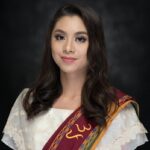
Camille Rose T. Mueda
Project MemberMs. Camille Rose Mueda is a candidate for an MS in Molecular Biology and Biotechnology, with a minor in Microbiology, at the University of the Philippines Los Baños. She holds a BS in Fisheries from the University of the Philippines Visayas and has been a Registered Fisheries Professional since 2018. Her research interests lie at the intersection of genomics, microbiology, food safety, and fisheries. Additionally, she has briefly engaged in environmental science studies focusing on fisherfolk communities.
